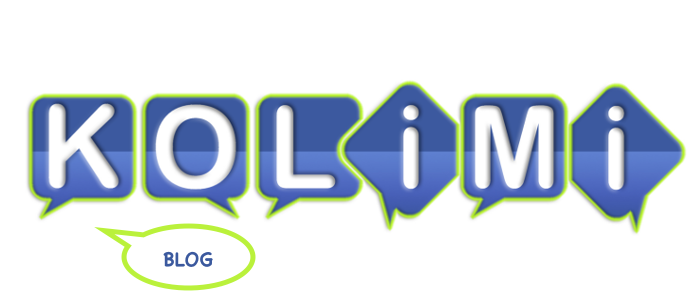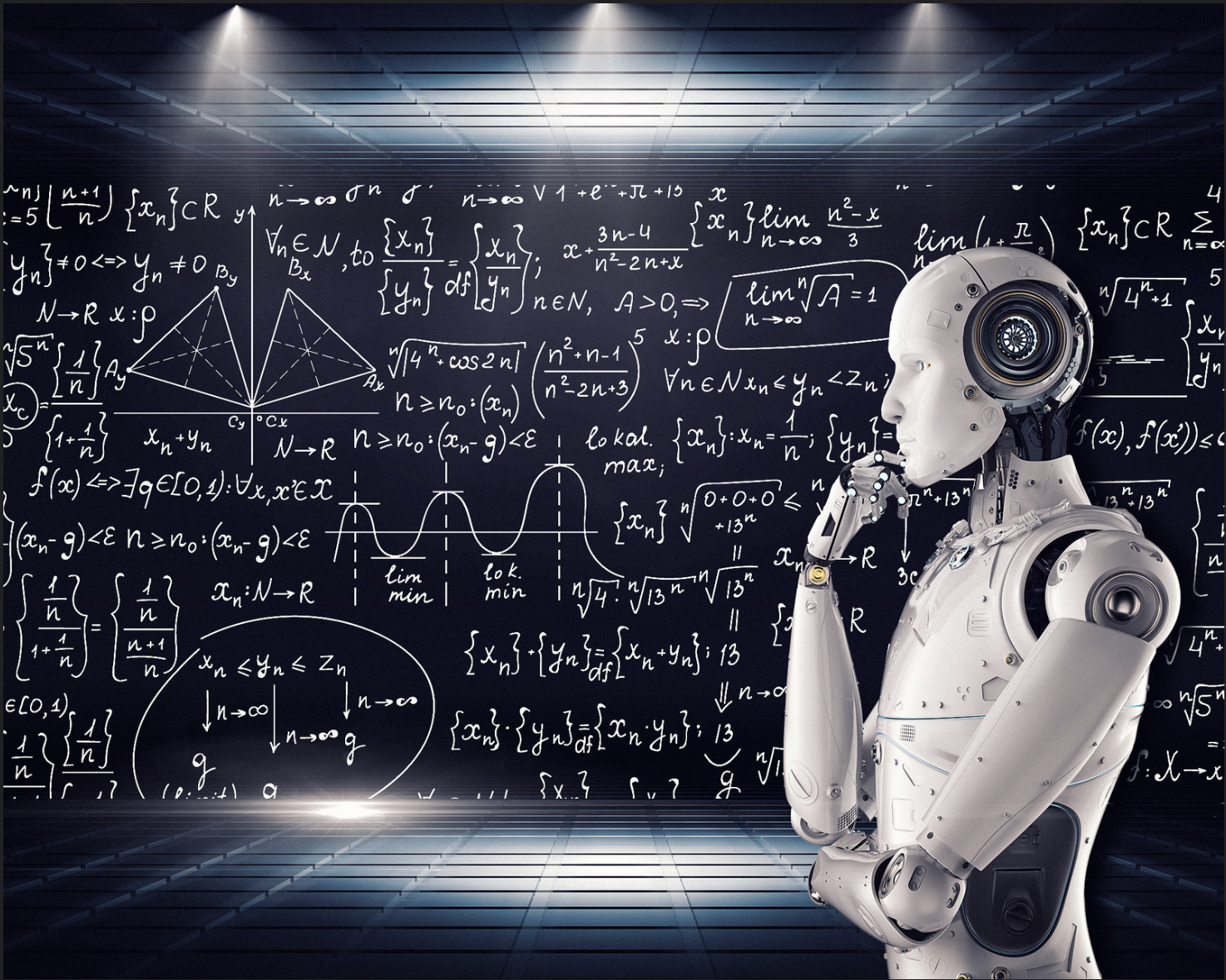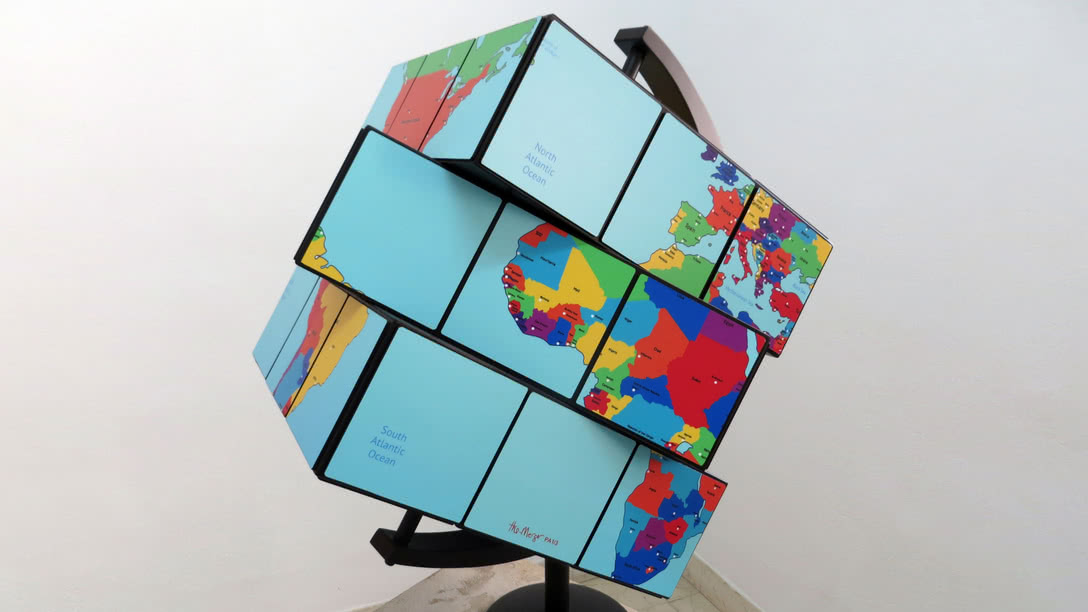Will Translators of the Future Be Robots?
Will Translators of the Future Be Robots?
In the age of artificial intelligence, machine translation and interpretation are growing fast. But do robots have limits?
Roughly a year ago, Facebook had to shut down an experiment because two artificial intelligence robots started chatting in their own language – a strange version of English only they could understand [1] . That happened right after Google Translate, the famous online translation tool, had also autonomously created its own “neutral” language to translate language pairs on which it has not been explicitly trained [2].
Even if we may still not realize it, artificial intelligence is rapidly changing how we approach to languages, and to communication more broadly. It seems that in a few years, we could easily overcome what has been so far one of the biggest barriers between people, namely linguistic variety.
Some automatic translation engines have already entered our everyday online life. For instance, in 2014 eBay started deploying en AI-based tool that learned how to translate from one language to another by digesting millions of data. The software automatically translates products descriptions, depending on the user’s position [3]. Incidentally, using this tool provoked a huge boost in eBay’s international sales. Google Translate’s app now also allows to translate messages immediately after writing them, basically allowing two people to talk in two different and mutually unknown languages and still understand each other.
Side Effects
These technologies have enormous potentialities. Automatic translation and automatic interpreting are still very imprecise, but given the rapidity with which AI advances, in a few years an automatic translation could virtually become indistinguishable from a human one – at least for written texts. That means that in a not so far future, we may be able to read articles from foreign newspapers directly in our own language, and virtually communicate with any person in the world without worrying about language barriers. Academic and scientific researches, as well as reports from organizations and political documents, would be automatically accessible in any language; that would mean an unprecedented circulation of knowledge in the history of humanity.
However, things are more complex than that. Language is not just a bunch of grammar rules and definitions: words have connotations, symbolic and emotional meanings, they are charged with personal and collective history and cultural references. Will an algorithm ever be able to understand all that? Could a set of data contain the complexity of human expression? The question is still open, but it is essential to ask it.
In a world where robots hypothetically translated everything for us, learning a new language would basically become useless. On the one side, that would make it easier for less educated people to have access to knowledge. However, on the other it would also mean that less and less people would experience the countless cognitive benefits of bilingualism.
Finally, one of the major risks is that machines develop prejudices about race, gender, religion, politics or other characteristics. That is already happening [4] and it is essential to think how to prevent it. Because after all, robots are made by people.
______________________________
Join us or come take a look!
Kolimi is a platform connecting multilingual professionals and the people who need them, in any field of work.
Join us to find new opportunities, or follow us on Facebook, Twitter, YouTube or LinkedIn to discover new things about languages!
______________________________
References
[1] The Independent
[2] New Scientist
[4] Science Daily







